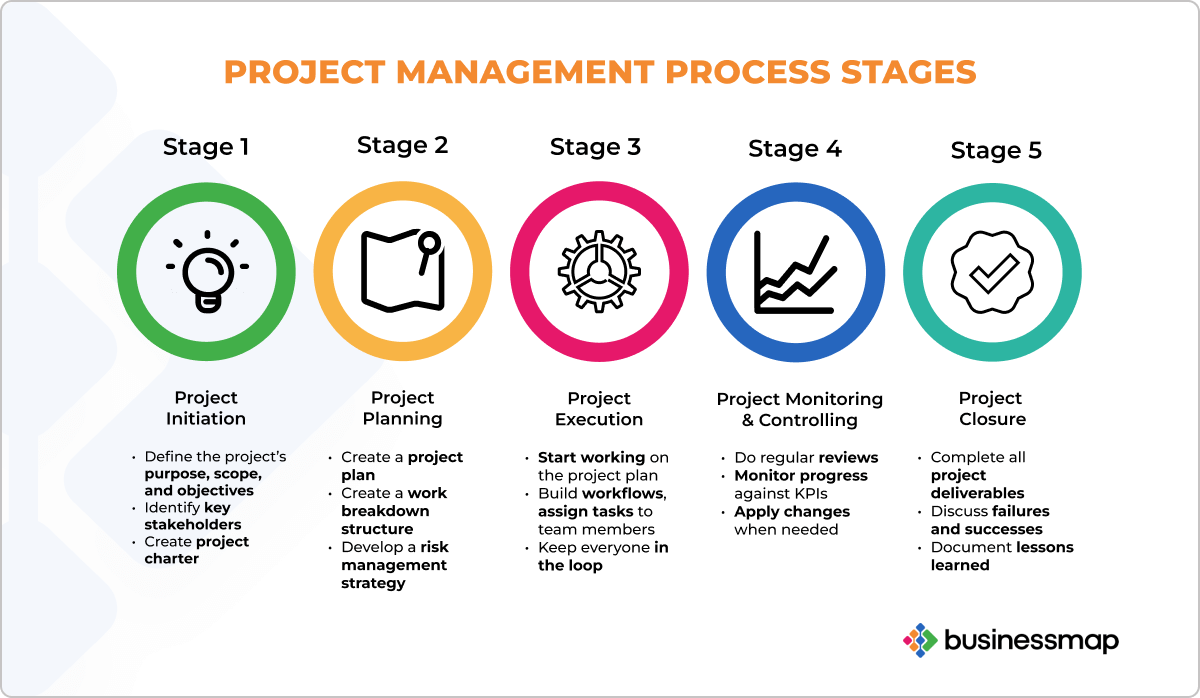Setting the Foundation: Key Principles of Project Management
Project management is a crucial skill for any business leader to master. From organizing a team to meeting deadlines, effective project management can make or break a company’s success. In this article, we will explore the key principles of project management and how they can help business leaders successfully navigate their projects.
One of the first principles of project management is setting clear goals and objectives. Before starting any project, it is important to clearly define what needs to be accomplished and establish measurable criteria for success. This will help keep the team focused and on track throughout the project.
Another key principle of project management is effective communication. Clear and open communication is essential for ensuring that everyone on the team understands their roles and responsibilities. It also helps to prevent misunderstandings and conflicts that can derail a project.
Time management is also a critical aspect of project management. Business leaders must be able to effectively prioritize tasks, set deadlines, and manage their time efficiently to ensure that projects are completed on schedule. By setting realistic timelines and regularly monitoring progress, leaders can avoid unnecessary delays and keep their projects on track.

Image Source: businessmap.io
Risk management is another key principle of project management that business leaders must understand. Every project comes with its own set of risks and uncertainties, and it is important to identify and mitigate these risks before they become significant issues. By anticipating potential challenges and developing contingency plans, leaders can minimize the impact of unforeseen events on their projects.
Quality management is also an important principle of project management. Business leaders must ensure that the work being done meets the company’s standards for quality. This includes setting quality benchmarks, conducting regular reviews, and addressing any issues that arise promptly. By maintaining high standards for quality, leaders can ensure that their projects deliver the desired results.
Finally, effective team management is essential for successful project management. Business leaders must be able to build and motivate a strong team, delegate tasks effectively, and foster a collaborative work environment. By recognizing and leveraging the strengths of each team member, leaders can maximize productivity and achieve the best possible outcomes for their projects.
In conclusion, mastering the key principles of project management is essential for business leaders looking to successfully navigate their projects. By setting clear goals, communicating effectively, managing time and risks, maintaining quality standards, and leading their teams with confidence, leaders can ensure that their projects are completed on time and on budget. With these principles in mind, business leaders can take their project management skills to the next level and achieve greater success in their endeavors.
Leading with Confidence: Strategies for Success in Business
In the fast-paced world of business, being a successful leader requires more than just making decisions and delegating tasks. It requires confidence, vision, and the ability to inspire and lead a team towards a common goal. In the realm of project management, leading with confidence is essential for ensuring the success of any project.
One of the key strategies for leading with confidence in business is effective communication. Clear and open communication is essential for ensuring that everyone on the team is on the same page and working towards the same goals. As a leader, it is important to set clear expectations, provide feedback, and listen to the input of team members. By fostering an environment of open communication, leaders can build trust and collaboration within their team.
Another important strategy for leading with confidence in business is to set realistic goals and expectations. It is important for leaders to have a clear vision of what they want to achieve and to communicate this vision to their team. Setting realistic goals and expectations helps to motivate and inspire team members, as they can see the progress being made towards a tangible goal.
In addition to setting realistic goals, leaders must also be able to adapt and be flexible in their approach. In the world of business, things can change rapidly, and it is important for leaders to be able to pivot and adjust their plans as needed. By being adaptable and flexible, leaders can navigate challenges and setbacks with confidence and keep their team moving forward towards success.
Another important aspect of leading with confidence in business is to lead by example. As a leader, it is important to demonstrate the qualities and behaviors that you want to see in your team. This includes being reliable, accountable, and respectful towards others. By leading by example, leaders can inspire their team to follow suit and create a positive and productive work environment.
Furthermore, it is important for leaders to empower their team members and trust in their abilities. Delegating tasks and responsibilities to team members not only helps to lighten the leader’s workload but also empowers team members to take ownership of their work and contribute to the success of the project. By trusting in the abilities of their team members, leaders can build confidence and motivation within their team.
Lastly, leading with confidence in business requires self-awareness and continuous self-improvement. Leaders must be able to reflect on their own strengths and weaknesses and be open to feedback and learning opportunities. By continuously striving to improve themselves and grow as leaders, they can inspire and motivate their team to do the same.
In conclusion, leading with confidence in business is essential for the success of any project. By implementing strategies such as effective communication, setting realistic goals, being adaptable, leading by example, empowering team members, and continuously improving oneself, leaders can inspire and motivate their team towards success. With confidence, vision, and a positive attitude, leaders can navigate the challenges of project management and achieve their goals with ease.
The Essentials of Project Management for Business Leaders